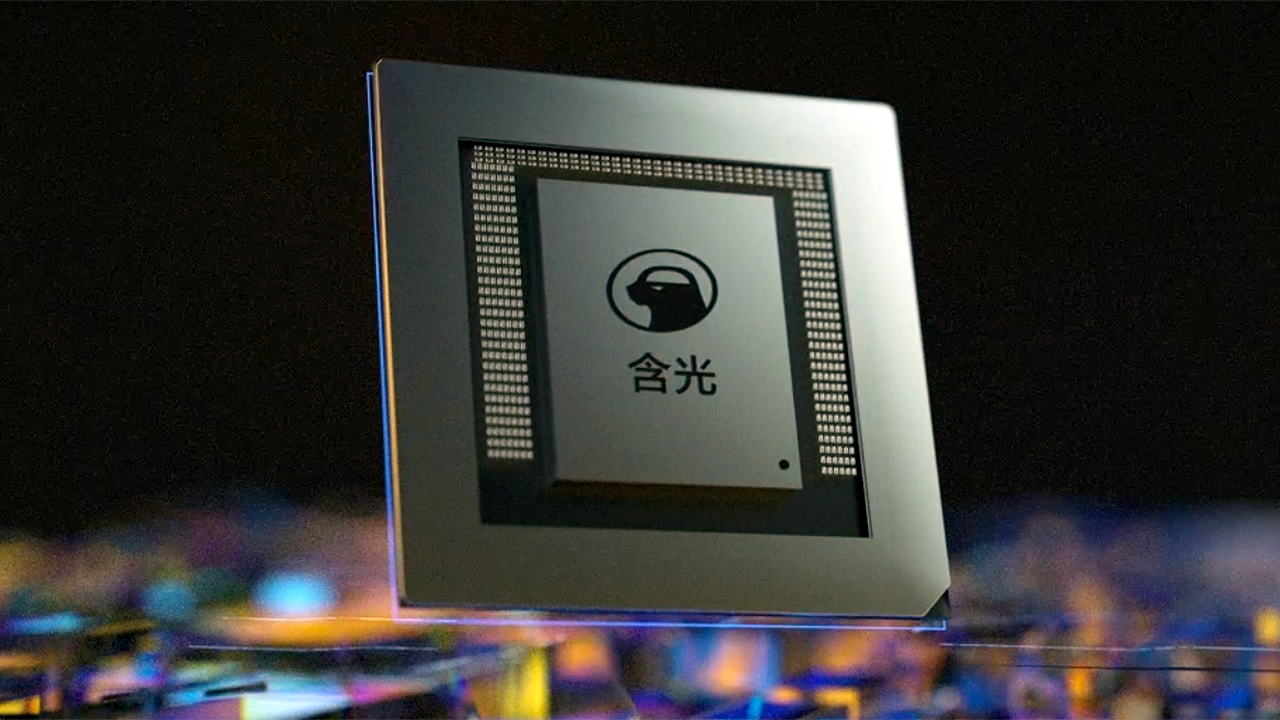
Alibaba's research division, the Damo Academy, recently announced expansion of its RISC-V efforts, which includes the Xuantie C907 matrix compute core and the Xuantie C930 datacenter-oriented processor, according to Sohu. The server-grade CPU is expected to be launched this year, reports The Register.
One of the ways for Chinese companies to sidestep U.S. export curbs regarding high-performance computing and artificial intelligence technologies is by developing their own processors for AI and HPC based on their own cores (based on the RISC-V instruction set architecture, or ISA). Alibaba's T-Head chip division was one of the first companies to realize the potential of the RISC-V ISA a few years ago — so it has quite a lot of experience with the technology by now.
T-Head introduced its first RISC-V-based Xuantie C910 processor for client systems around two years ago and Alibaba has been selling PCs based on this CPU for a while. For some reason, the processor is no longer listed on the company's website. The same C910 core is used for the company's PCIe Gen5 Zhenyue 510 enterprise-class SSD controller that are used for a variety of drives.
Now the T-Head Xuantie 930 processor is set to power servers, including those machines running artificial intelligence workloads — though it remains to be seen whether Alibaba plans to use them for its cloud datacenters, or for something else.
In addition, Alibaba's chip unit T-Head intends to introduce its Xuantie 907 matrix computing unit, though it's unclear whether we're dealing with a separate datacenter SoC for AI workloads or an IP core that can be added to another processor, say, to the Xuantie 910 or Xuantie 930.
"As the demand for new computing power surges, the development of RISC-V is undergoing a metamorphosis and is about to enter a period of application explosion," said Zhang Jianfeng, president of the Damo Academy. "The Damo Academy will continue to increase its R&D investment and ecosystem co-building in RISC-V, promoting collaborative innovation and development of the industry upstream and downstream."
Since native RISC-V technology is crucial for Chinese companies to avoid U.S. export curbs, it's developing very fast in China. As a result, hardware and software companies have been collaborating to create a competitive ecosystem around this ISA, the report from Sohu notes.







